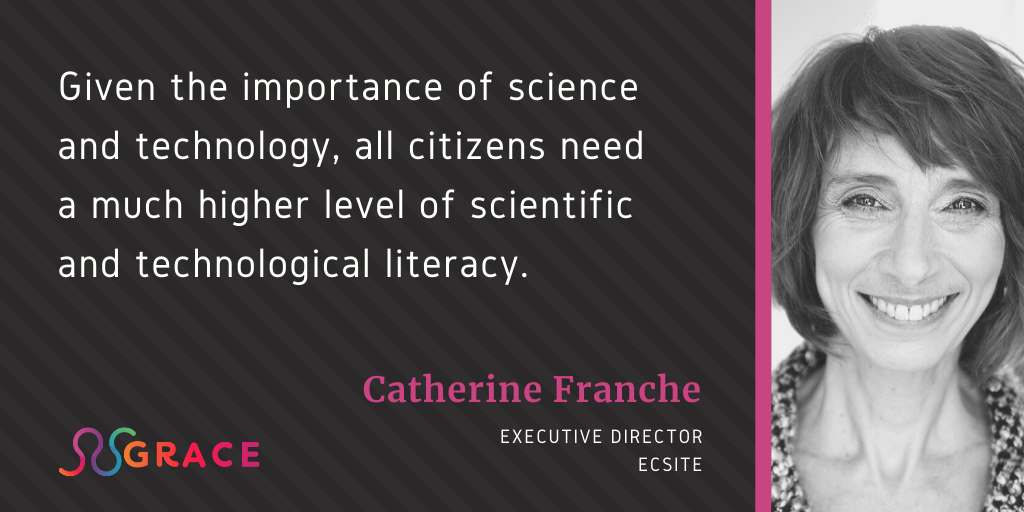
Why should we invest in science education?
We are facing profound changes brought upon by the pandemic. These times can only invite us to revisit old assumptions, to question what we want to change in our society and what we want to hold on to. These challenges, as well as the loss of biodiversity, the climate crisis, or misinformation, are collectively felt and have clearly demonstrated that their solutions will also require a collective response. Scientists cannot solve these problems on their own, politicians cannot implement decisions alone. We need to work on these problems as a society where all knowledge and expertise are equally valued. Considering the great importance of science and technology in bringing creative solutions, it is clear that all members of our society need a much higher level of scientific and technological literacy than now. This is why we need to invest in science education.
Science education supports and nurtures decision making on important issues like vaccination, climate change, or in embracing or refusing emerging technologies. It equips citizens with skills such as critical thinking, creativity, problem-solving and social skills that help to counter misinformation, adopt new behaviours, develop listening and collaborative attitudes necessary to solve our collective challenges.
The pandemic has forced millions of people and institutions to be online. The benefits of in-person encounters have not diminished, but the value, potential and breadth offered by digital spaces has increased tremendously. It would be surprising if none of this digital experience remained. It would be shocking if the education system was not questioned. We need to invest more in science education and invest differently.
Learning takes place in different settings, formats and arenas. This supports the case for better collaboration and integration of the whole learning ecosystem, both digital and face to face, and includes formal, non-formal and informal institutions. An integrated science education ecology is key in sustaining and nurturing lifelong learning, developing scientific literacy and empowerment, preparing citizens for a scientifically and technologically complex world. Overall, we need to invest in science education throughout the whole education ecosystem. This will lay the foundations to an informed and empowered society capable of addressing the major challenges of today and tomorrow.
Catherine Franche, Ecsite Executive Director

